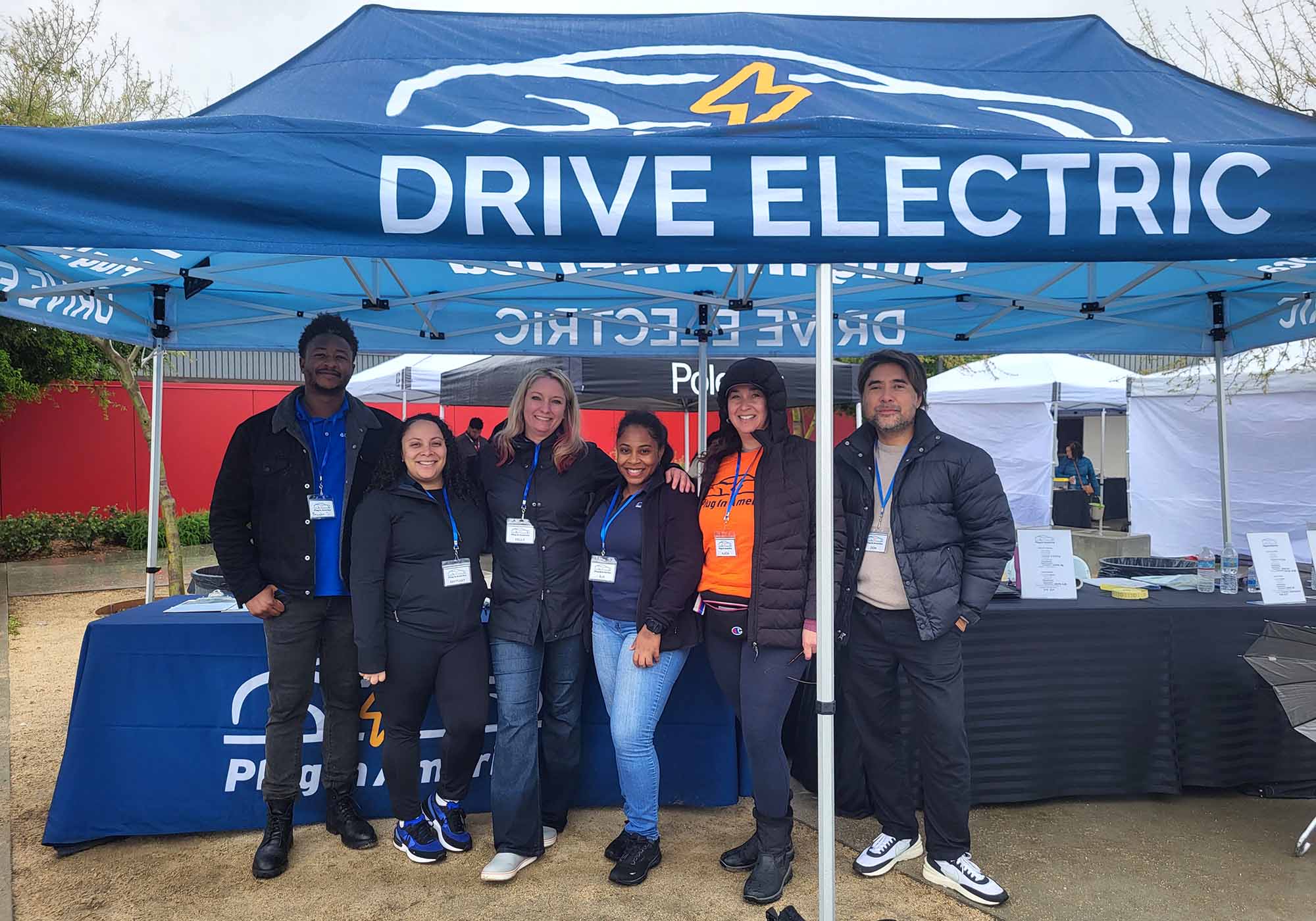Fear of plugging in
Most people are afraid of plug-in vehicles. It’s not a knife-wielding-psycho kind of fear; it’s more of a broccoli-is-good-for-you kind of wary. They have heard that plug-ins are good for America’s economy, energy security and the environment; but they don’t want to endure the sacrifices that they assume come with them. So like taking the bus, they feel that plug-ins are a great idea for somebody else. They d rather wait until everybody else is doing it.
How can we comfort them enough that they are willing to try out the cars?
I understand their concerns. When I bought my first electric vehicle a few years ago, I didn’t know anybody that had one (a situation that still applies to most Americans). I assumed there would be downsides otherwise, why wouldn’t everybody be doing it? – but I was willing to pay the price; I knew I could borrow my wife’s gas car if it got too bad. I was surprised when not only did the sacrifices not materialize, but several unforeseen advantages appeared. It was better than the gas car it replaced, so my wife and I soon purchased a second electric car.
Providing comfort
Getting the U.S. off foreign oil could happen much faster if gas drivers didn’t assume that plug-in drivers are suffering for a cause.
Many concerns like “ugly”, “slow”, and “unsafe” are easy to put to rest. Initial cost is scary; but if you include incentives and compare monthly outgo and/or lifetime costs to a comparable gas car (no fair using the cheapest one, which isn t nearly as nice to drive!) you find that plug-ins are already generally the same and a great hedge against future gas price hikes.
The major concern is range anxiety (even though it doesn’t apply to PHEVs, a obvious point that nevertheless is almost always missed). Recharging does indeed take longer than refueling. But that only means sacrifice if you actually wait for it if you use gas for trips longer than the range of your plug-in, you never have to wait for a charge. My wife, for example, never has–she only charges her car in our garage. She takes a different car on the few occasions that the range is not sufficient.
Electrifying advantages
Many gas drivers are so wrapped up in concerns about plug-ins that they neglect to think that there might be benefits. They often discount significant advantages listed by owners:
- Smooth and quiet; features luxury car owners pay dearly for
- An extremely responsive accelerator and gobs of low-end torque; features sports-car owners pay dearly for
- Incredible traction control (not just the sensors, but the controls work at the speed of electricity)
- Low maintenance (for BEVs, anyway)
- Very convenient and extremely inexpensive refueling in your garage
- Helping the US economy and energy security by buying local fuel
- Helping the environment by using cleaner fuel (for the skeptics, there are plenty of studies on our web site)
These reasons are why electric drivers develop gas anxiety, and try to avoid doing any driving on gas at all.
What everybody should know
Plug-in vehicles may not be ready to replace all gasoline miles just yet. But that doesn’t matter, because they’re not making enough of them for a complete switch anyway. What is important is that anybody can drive electric in a great car for most of their trips right now. It won’t cost more, and they never have to wait for a charge (even though they may choose to once they experience the benefits).
In short, no sacrifice is required to drive a plug-in vehicle. If you want to see increased sales of plug-ins, please help us spread the word.
Posted by Chad

